France opens Paris talks with Iran as nuclear stalemate drags on
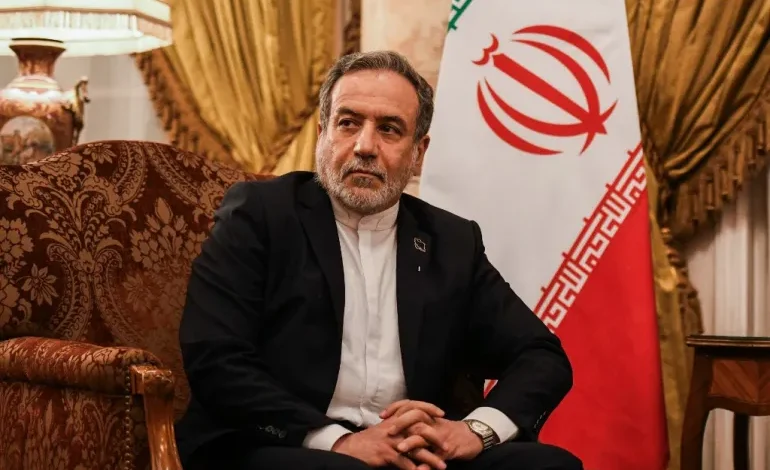
France is set to host Iran’s foreign minister in Paris this week in a bid to inject some movement into long-stalled nuclear diplomacy, even as Tehran signals it sees little urgency to return to negotiations.
French Foreign Minister Jean-Noel Barrot confirmed on Monday that Abbas Araghchi will arrive on Wednesday for talks focused on reviving cooperation with the International Atomic Energy Agency. Paris says the goal is clear.
“This will be an opportunity for us to call on Iran to comply with its obligations towards the IAEA and for a swift resumption of cooperation with the agency,” Barrot said.
Alongside the nuclear file, French officials plan to raise the situation of two French nationals who were released from detention in Iran but are still unable to leave the country. Both remain inside the French embassy in Tehran, with Paris pressing for their full return.
The timing of the meeting underlines the diplomatic imbalance. Tehran has been openly cool about restarting indirect talks with Washington over its nuclear programme. Earlier this month, Iranian officials said they were “not in a hurry” to resume negotiations, despite renewed UN sanctions and deepening economic pressure.
Araghchi doubled down on that position in an interview with Al Jazeera. He said Iran remained open to dialogue if the US approached talks “from an equal position based on mutual interest”, but brushed off reported American demands as “illogical and unfair”. Those conditions include direct talks, zero uranium enrichment, limits on missile development and curbs on support for regional allies.
“It appears they are not in a hurry,” he said. “We are not in a hurry, either.”
He also used the moment to frame the regional narrative in Iran’s favour, taking aim at Israel’s leadership.
“I sometimes tell my friends that Mr [Benjamin] Netanyahu is a war criminal who has committed every atrocity, but did something positive in proving to the entire region that Israel is the main enemy, not Iran, and not any other country,” Araghchi said.
The backdrop to the Paris talks is a diplomatic wreckage left by last year’s escalation. A planned sixth round of indirect US–Iran negotiations collapsed in June after Israeli strikes on Iranian nuclear sites triggered a 12-day war, killing more than 1,000 people in Iran and causing extensive damage. The conflict only halted after US air strikes on the Fordo, Natanz and Isfahan facilities.
The broader nuclear impasse traces back to 2018, when Donald Trump withdrew the US from the Joint Comprehensive Plan of Action. Iran argues that Washington’s exit effectively voided the deal, even as it continues to exceed the limits originally set under it while insisting its programme remains civilian in nature. UN sanctions were reimposed in September under the deal’s snapback mechanism.
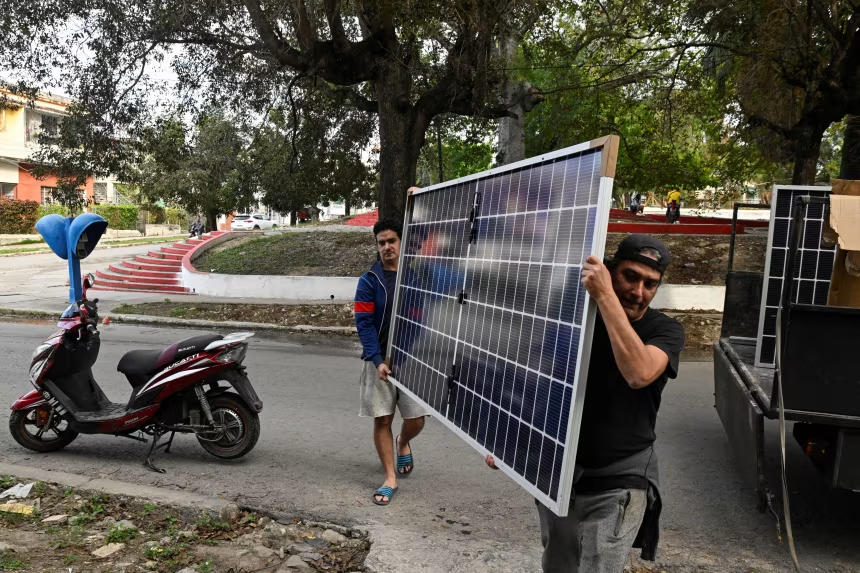
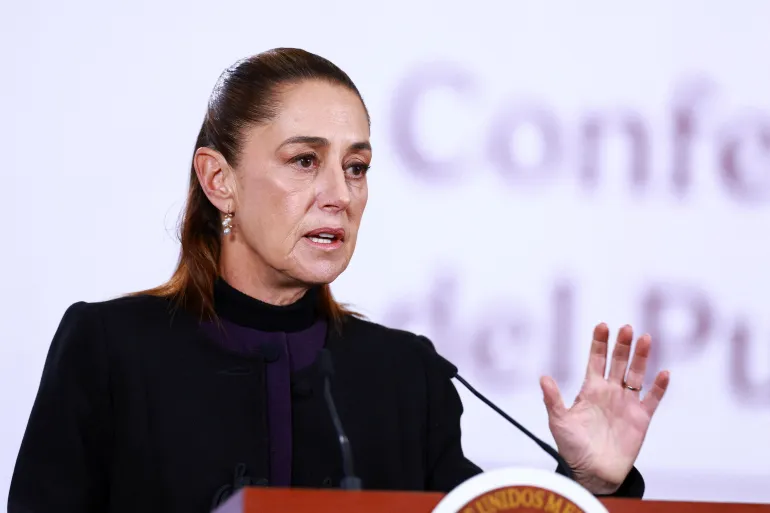
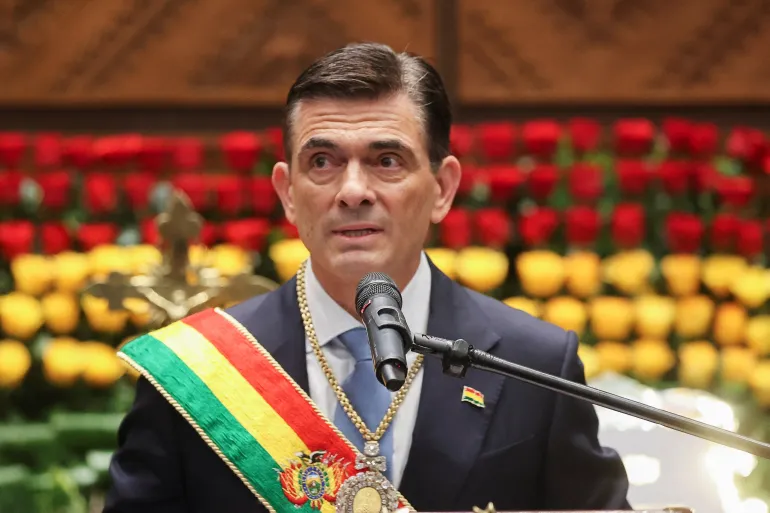
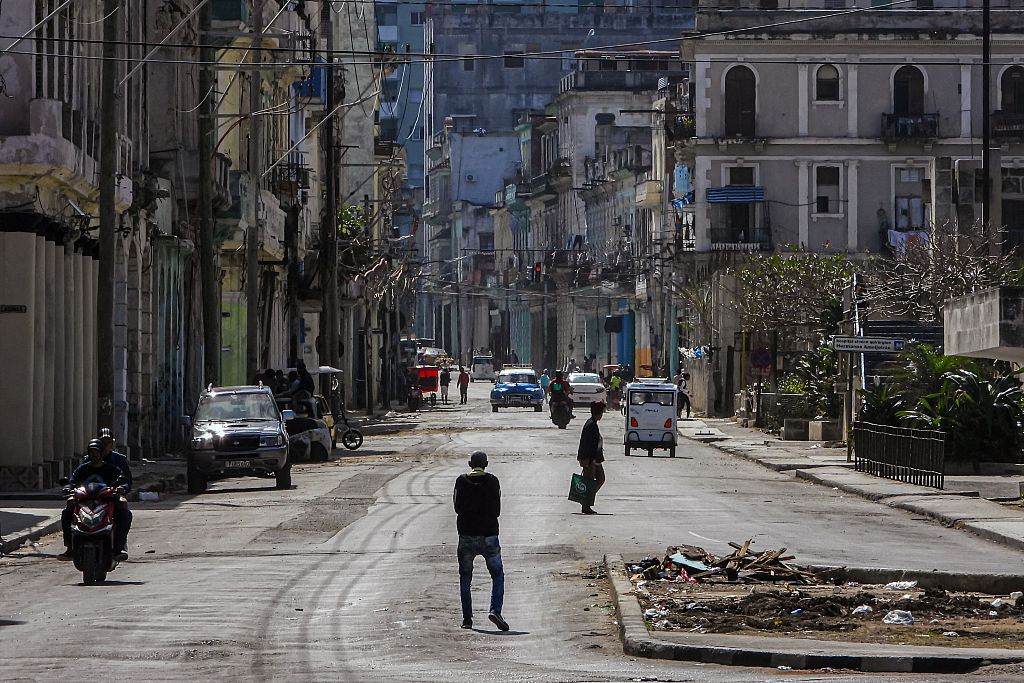
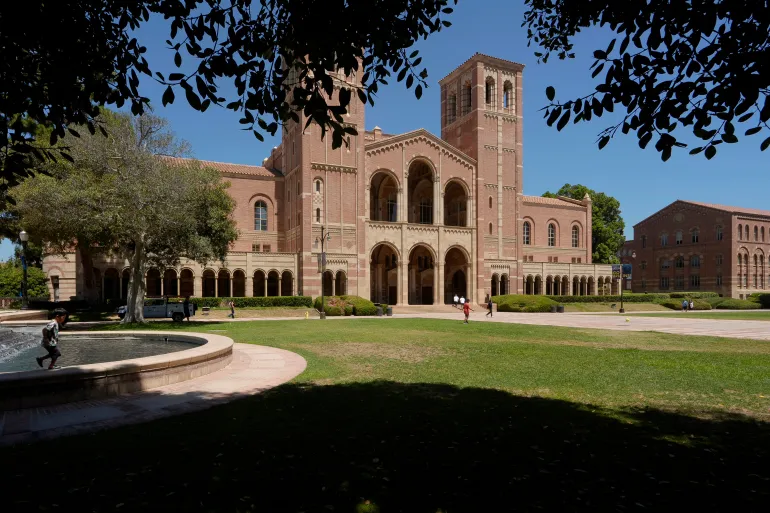



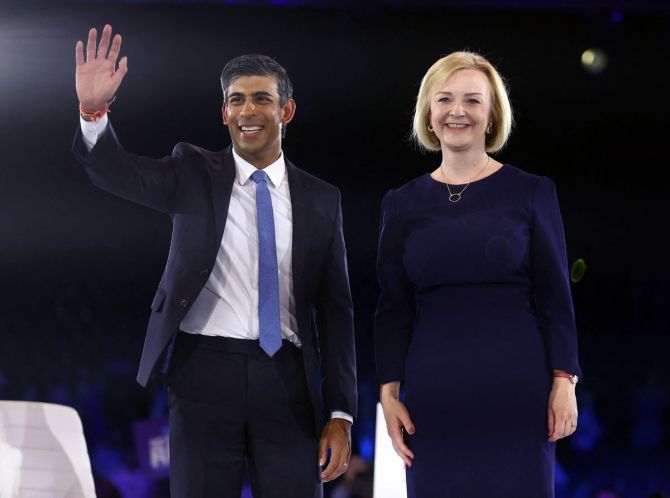
The latest news in your social feeds
Subscribe to our social media platforms to stay tuned